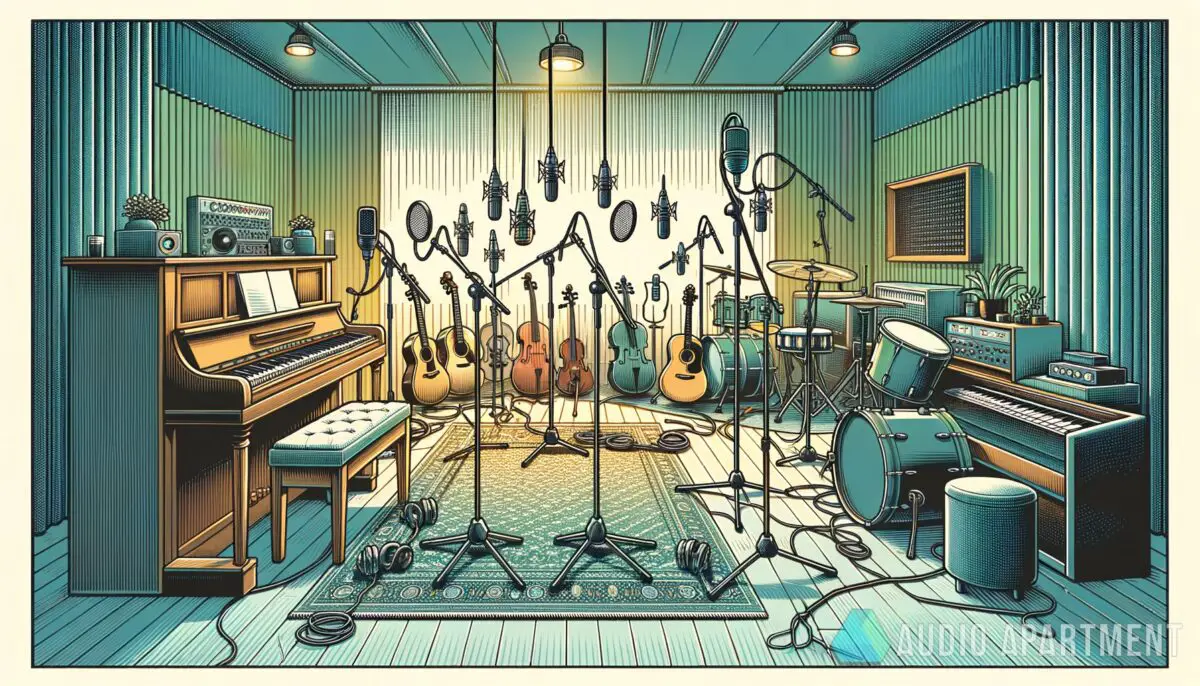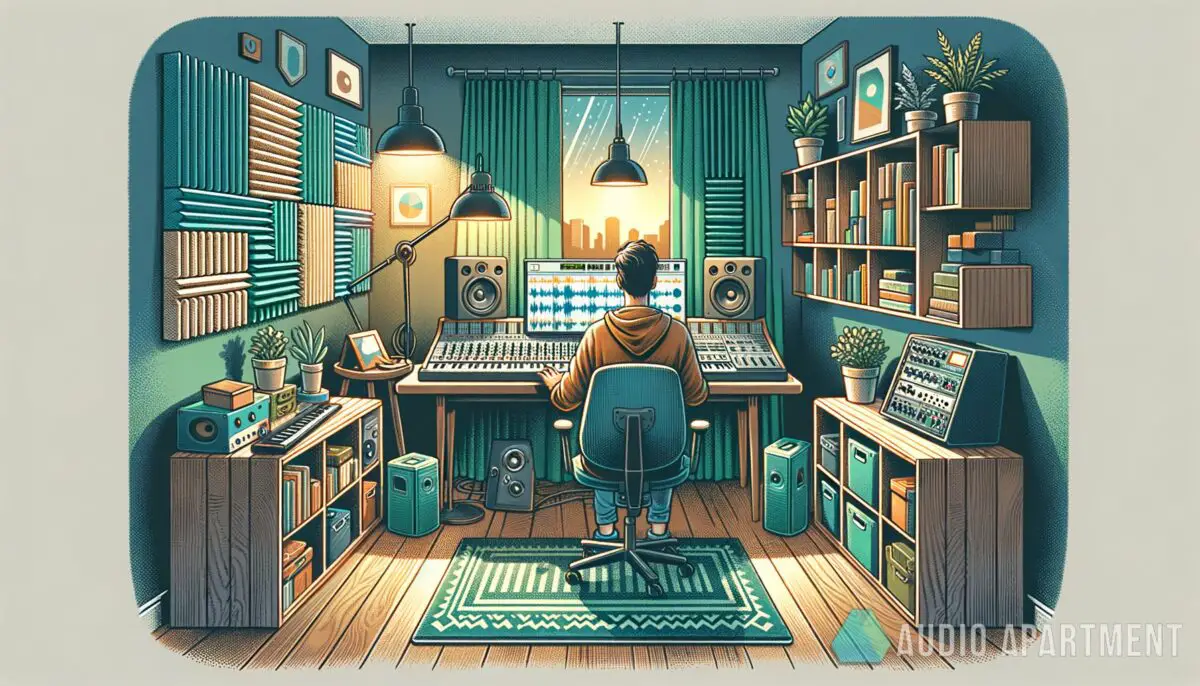Working in the recording industry can be challenging; you will find that the different personalities of each client can sometimes create friction. Therefore, you must handle difficult clients accordingly if you want to be successful.
So in this post, we will cover some of the best tips for dealing with difficult clients so you can skip the headaches.
Who are our clients in music production?
Clients in music production can be anyone in the music industry, such as artists and record labels. In general, clients in music production typically require the services of a music producer to help them with various aspects of their music career, such as recording, producing, mixing, and audio mastering.

AKAI Professional MPK Mini MK3

AKAI Professional MPK Mini MK3
Five tips for handling difficult clients
Below are some tips to keep your home production smooth and limit headaches with your clients.
1. Remain professional
This may be the most difficult tip to pull off. Some clients will use colorful language and raise their voices, but it is important not to mirror their actions. You will avoid additional conflict, such as legal qualms, by remaining calm and professional.
2. Communicate clearly
When dealing with a difficult client, things can worsen if you don’t talk to them. If the client expects something from you on a service level but has not communicated that with you, things can get dicey. It is best to communicate clearly and early with the client to understand what they want from you.
3. Make it right
Sometimes your mistakes can cause a difficult client. In these situations, it is important to make sure that you correct your mistakes to regain the client’s confidence. Depending on how bad the mistake may be, it might be necessary to give a little discount.
4. Be fair, but firm
Stand your ground if you did your part and honored your part of the deal and the client is still difficult. Be firm with the client so that the bad treatment stops and you can form mutual respect.
5. Negotiate headroom
When negotiating with clients, it is important not to promise the world. What I mean by this is to be careful not to get over your head by promising too much work to be done in an unrealistic time frame. Instead, make sure you leave yourself wiggle room.
If you’re looking for a way to keep organized and make appropriate time for your clients, check out this monthly planner.
[azonpress template=”box” asin=”B09VH8R13K”]
Should you be friends with your clients?
Neither a friend nor a customer should expect you to sacrifice merely to preserve a connection. Just because you become friends with your clients doesn’t mean you have to offer them your job for free. Similarly, just because you become friends with a customer doesn’t mean you have to answer their 2 AM calls for urgent editing.
You should be able to have a pleasant personal AND professional connection simultaneously as long as you are aware of your boundaries and the other person isn’t completely out of control—in which case you don’t want them as a customer anyhow.
If you want even more tips and insights, watch this video called Dealing with Difficult Clients in Studio from the MixbusTv YouTube Channel.
Frequently asked questions (FAQ)
Do you still have questions? Below are some of the most commonly asked questions about music production clients.
Why do most music producers fail?
Music producers who allow themselves to quit are the ones that fail. You can’t fail if you never give up, in theory. If you feel that’s insufficient, consider this: Before one of Kaskade’s songs reached the Billboard charts, it took him 15 years.
How long does it take to be decent at music production?
To perfect music production to the point where you can produce to a professional grade, it often takes 4-6 years. Your daily effort and any prior experience or training that may be relevant will determine how long it takes.
Is being a music producer stressful?
The process of making music can be both joyful and draining. A music producer’s job frequently entails a never-ending creation, composition, and recording cycle. The never-ending hours and seemingly endless tasks can cause creative, mental, and physical tiredness if not appropriately balanced.
Conclusion
After reading through the tips, you must have learned some ways to handle difficult music production clients. You can begin by speaking to your client’s expectations and empathizing with what being a client means for them. If this doesn’t work, you can change your approach entirely. For instance, try asking more questions instead of making assumptions and giving suggestions immediately. This new approach can help you better understand where your client is coming from and how they want the session to go in the end!
It doesn’t matter what type of work you are in; you may get burned if you don’t have good people skills. Therefore, you must remember the five tips I have outlined to succeed. Now go out there and make those clients happy!
This article covered how to deal with difficult clients to have a toxicity-free workspace. Here are some key takeaways:
Key takeaways
- How to handle difficult music production clients
- Remain professional
- Communicate clearly
- Make it right
- Be fair, but firm
- Negotiate headroom
- Extra tips:
- Sing headphones will help you listen to the musical closer and provide clarity.
- Don’t be afraid to use a fair amount of bass in your recordings.
- Using unique plugins will help you in the music production process.
So, how do you deal with difficult clients? And did I cover everything you wanted to know? Let me know in the comments section below (I read and reply to every comment). If you found this article helpful, check out my full blog for more tips and tricks on music production. Thanks for reading, and keep making music.















